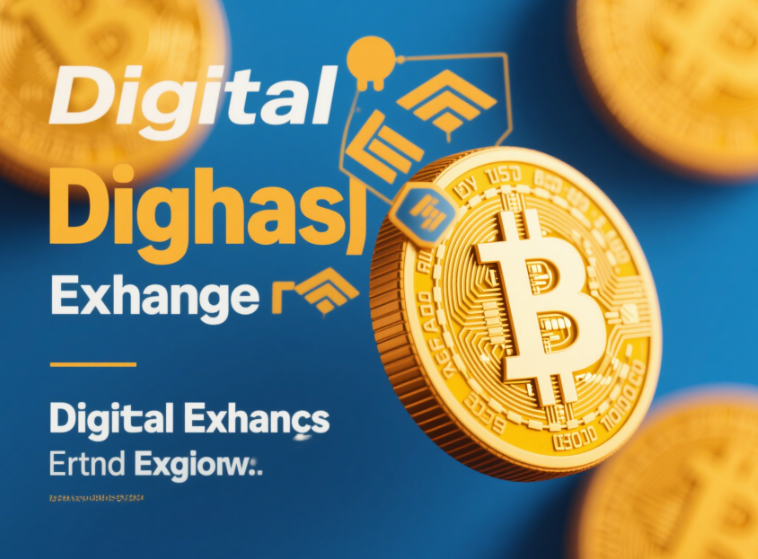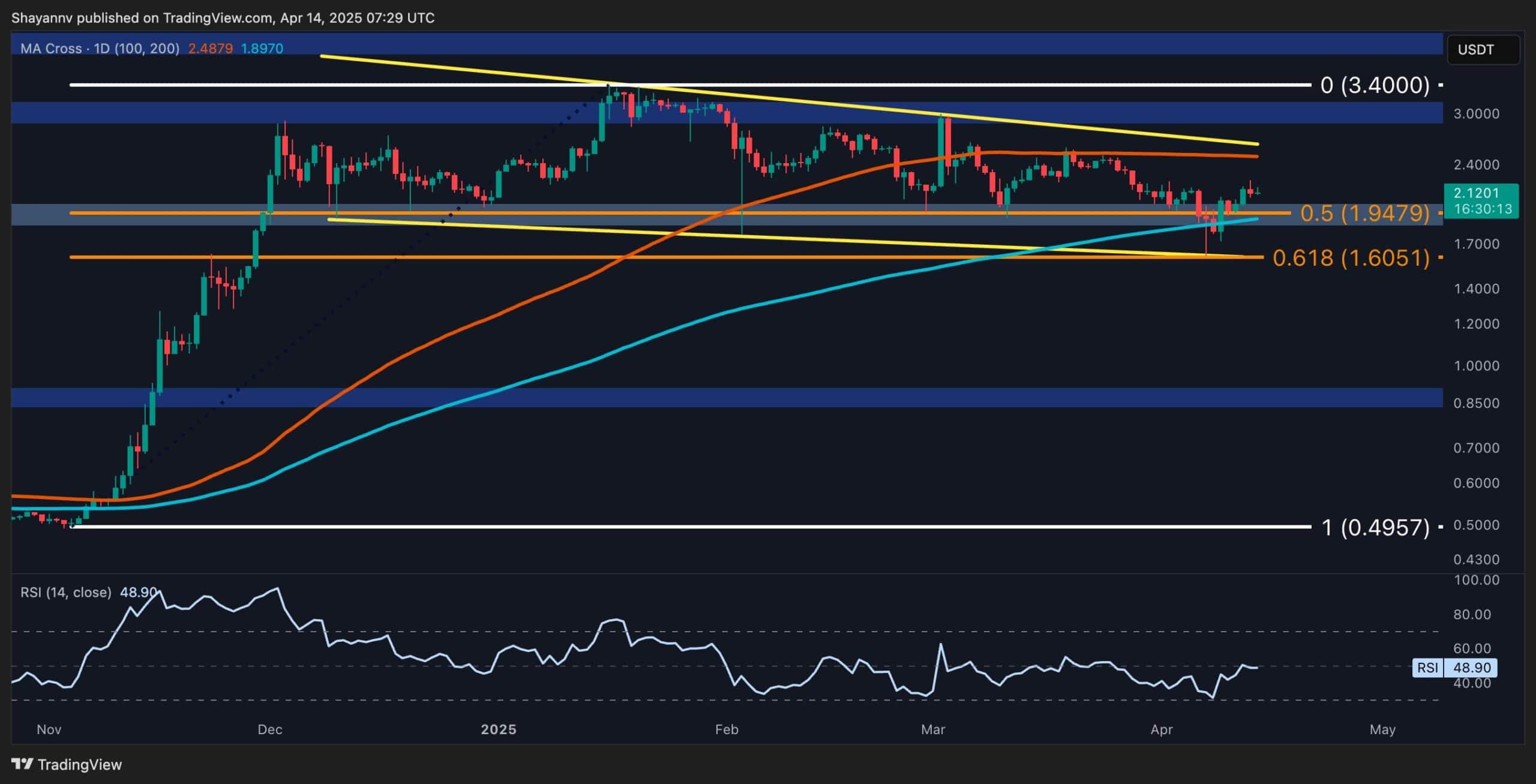In recent years, the rapid development of digital currencies has invigorated markets worldwide. Mainstream cryptocurrencies like Bitcoin and Ethereum have attracted investors from various sectors, sparking a financial revolution. Unfortunately, China closed its cryptocurrency exchanges and banned ICOs (Initial Coin Offerings) in 2017, forcing many domestic investors to seek alternatives in international markets. Today, as the global cryptocurrency landscape continues to evolve and regulations become more refined, a pressing question arises: Is it possible for China to reopen cryptocurrency exchanges? In this article, we will explore this question from various angles, analyzing China's regulatory stance on digital currencies and potential scenarios for reopening in the future.
Historical Background of Digital Currencies
Before discussing China's potential reopening of cryptocurrency exchanges, it's essential to revisit the history of the Chinese digital currency market. In 2013, the People's Bank of China (PBOC) issued a notice prohibiting financial institutions from engaging in Bitcoin transactions, marking the formal start of governmental regulation of digital currencies. Nevertheless, as Bitcoin prices surged and investor interest soared, cryptocurrency exchanges proliferated, opening new avenues for investment.

However, in 2017, regulatory authorities acted decisively against ICO risks and concerns about financial system stability, leading to the outright closure of domestic cryptocurrency exchanges. This stark policy shift significantly impacted the domestic cryptocurrency market, prompting many investors to liquidate their crypto assets and causing market stagnation. Yet, with ongoing advancements in digital currency technology and the widespread adoption of blockchain in various sectors, optimism about the future of digital currencies continues to grow.
Current Regulatory Stance in China
Current Policies
In China, regulations governing digital currencies remain quite stringent. In 2021, the PBOC reiterated its position against cryptocurrency trading and even cracked down on mining operations. These measures aim to safeguard financial security, protect investors' rights, and mitigate systemic financial risks. However, as global interest in digital currencies continues to rise, Chinese regulators are begin to pay significant attention to the potential opportunities presented by digital currencies.
Dual Nature of Regulation: While China's regulatory framework is notably rigorous, the state also increasingly supports blockchain technology. The government has instituted policies encouraging the application of blockchain across various fields. This duality raises questions: If cryptocurrency exchanges were to reopen, could they further stimulate blockchain development?
Advancement of CBDC: China's push for Central Bank Digital Currency (CBDC) presents a new angle on the future of digital currencies. CBDC, issued by the central bank, is designed to function alongside traditional currencies. This initiative reflects the Chinese government's proactive stance on digital currency, possibly paving the way for the future reopening of cryptocurrency exchanges.
Market Demand
Recent surveys indicate a substantial number of cryptocurrency investors in China. Despite the closure of domestic exchanges, many investors have turned to overseas platforms for trading. Data shows that traffic to foreign platforms continues to rise, underscoring the persistent appetite for digital currencies among domestic investors. This demand raises an important question: Could it motivate the Chinese government to consider reopening cryptocurrency exchanges?

Comparison: Global Status of Cryptocurrency Exchanges
To better understand the standing of China's market alongside global counterparts, we can examine the following table comparing the policies of major countries and regions concerning cryptocurrency exchanges:
| Country/Region | Cryptocurrency Exchange Policy | Regulatory Bodies | Remarks |
|---|---|---|---|
| USA | Legal, but requires registration and strict regulation | SEC, CFTC | Many exchanges are legally registered |
| Europe | Varies by country, generally more lenient | ESMA | Future unification likely |
| Japan | Legal, requires registration | FSA | Relatively mature regulations |
| Singapore | Legal, requires registration | MAS | Supports innovation, good regulatory environment |
| China | Prohibited | PBOC | Actively promoting CBDC |
The table illustrates that different countries and regions exhibit varying regulatory stances toward cryptocurrency exchanges. While China's policies are notably stringent, the flexibility seen in other nations suggests alternative possibilities.
Potential for Reopening and Challenges Ahead
Potential
Increasing International Competition: As digital currencies and blockchain technology develop worldwide, governments recognize the significant potential for growth. Countries are keen to establish regulatory frameworks tailored to their respective markets. Should China maintain a closed-off stance, it risks falling behind in international competition.
Strong Market Demand: As previously noted, the demand for cryptocurrency remains robust among domestic investors. If China can establish a compliant trading platform that meets investor needs, it could invigorate the market.
Technological Advancements: Ongoing breakthroughs in blockchain technology, particularly in scalability and security, may prompt the government to reevaluate its regulatory approach, guiding the reopening of cryptocurrency exchanges.
Challenges
Financial Risk Management: The inherent volatility and high risks of the cryptocurrency market remain a significant challenge for regulators. Ensuring investor protection and preempting potential financial crises will be critical considerations in the decision-making process regarding exchange reopening.
Regulatory Framework Development: China must establish a comprehensive regulatory system that encompasses anti-money laundering, taxation, and other areas to effectively address the new challenges posed by cryptocurrency trading.
While it is too early to definitively say whether China will reopen cryptocurrency exchanges, the ongoing evolution of the global digital currency market and the refinement of related policies suggest some potential. As China advances its CBDC initiatives, it may also reconsider market demands and the inherent value of digital currencies. It is hoped that in the near future, an open and exciting digital currency marketplace will emerge.
















No comments yet